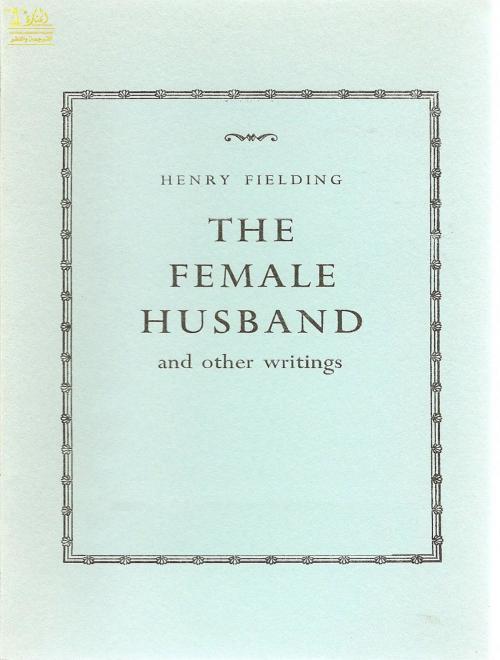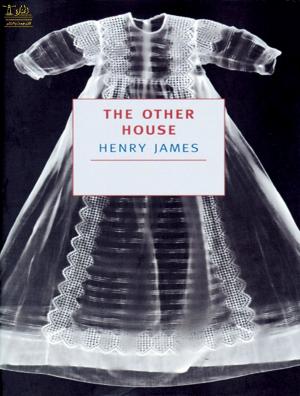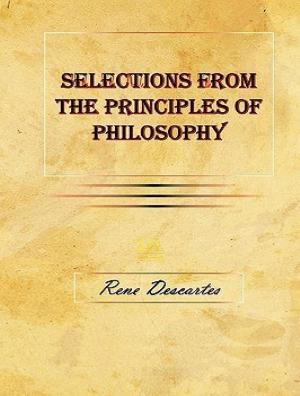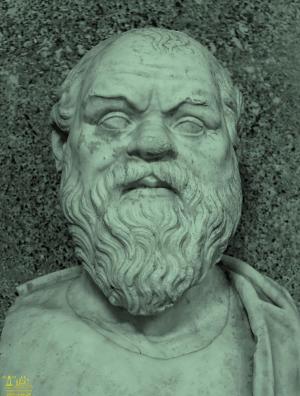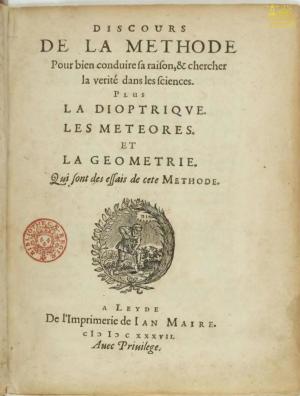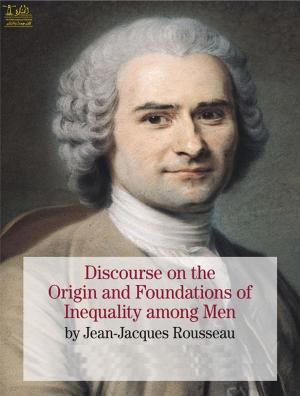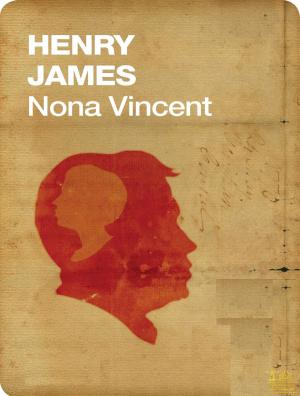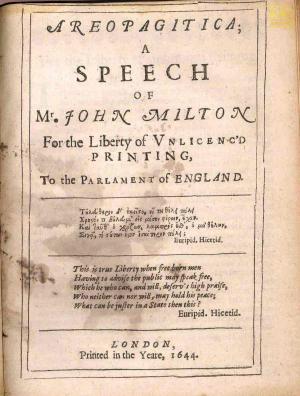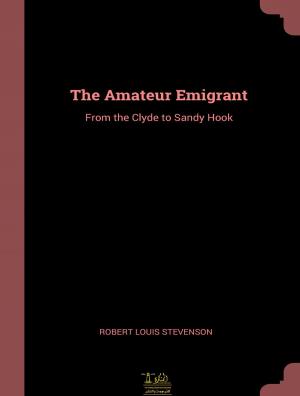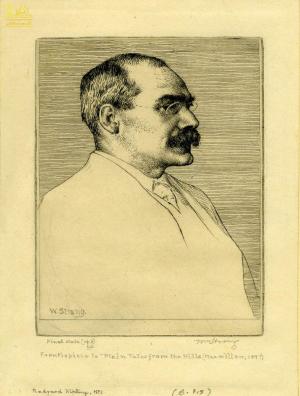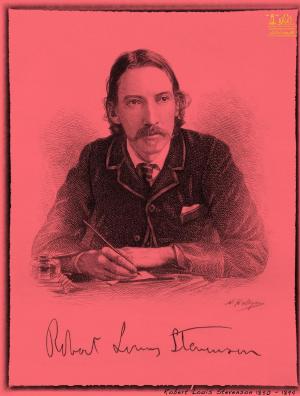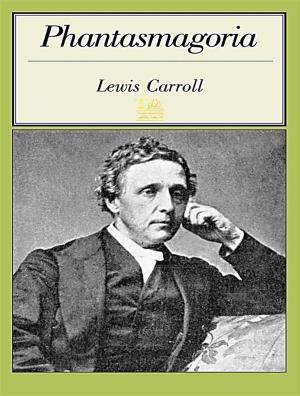The Female Husband
Nonfiction, Entertainment, Drama, Anthologies, Fiction & Literature, Literary Theory & Criticism| Author: | Henry Fielding | ISBN: | 9780599501072 |
| Publisher: | Lighthouse Books for Translation Publishing | Publication: | May 8, 2019 |
| Imprint: | Lighthouse Books for Translation and Publishing | Language: | English |
| Author: | Henry Fielding |
| ISBN: | 9780599501072 |
| Publisher: | Lighthouse Books for Translation Publishing |
| Publication: | May 8, 2019 |
| Imprint: | Lighthouse Books for Translation and Publishing |
| Language: | English |
The female husband: or, the surprising history of Mrs. Mary, alias Mr George Hamilton, who was convicted of having married a young woman of Wells and from her own mouth since her confinement.
Henry Fielding is regarded as one of the greatest artists among English novelists of the eighteenth century and was instrumental in the emergence of the novel as a respected literary form. A debate has long raged regarding the relative merits of the novelistic forms developed almost simultaneously by Fielding and the London printer Samuel Richardson. Very different in upbringing and temperament, their literary innovations in prose fiction were often conceived in response to each other. While hardly the libertine he was long portrayed as being, Fielding certainly believed in enjoying life to the full.
As opposed to the middle-class Richardson, Fielding came of a genteel family and enjoyed an excellent education. He was born April 22, 1707, at Sharpham Park in Somerset, and was related to Lady Mary Wortley Montagu and the Earl of Denbigh. In April, 1718, Henry's mother died and his father, Colonel Edmund Fielding, went away to London, leaving the children in the care of his in-laws, the Gould family. A year later Colonel Fielding married an Italian widow and attempted to regain custody of his children from his mother-in-law, Lady Gould. This led to a lengthy law-suit which was finally settled in 1722, granting Lady Gould the custody of her grandchildren and securing their mother's estate for Henry and his sisters.
After attending Eton, Fielding courted a young heiress, Miss Sarah Andrew of Lyme Regis, but failed to persuade her to elope with him. In 1727, his family lost much of their money through the dishonesty of a broker, and the young Fielding found himself in need of an income. Drama was the most lucrative genre of the time, and Fielding took advantage of his London connections, particularly Lady Mary Wortley Montagu, to gain an introduction to theater circles there. His first play, Love in Several Masques, was produced in 1728 at the Drury Lane Theater and published the same year. Despite this promising beginning, however, less than a month later Fielding enrolled at Leyden University, where he was entered in the faculty of letters. After only two years he returned to London, perhaps as a result of financial difficulties. Fielding's second play, The Temple Beau, (1730) was followed rapidly by three further plays, among them The Author's Farce, and the Pleasures of the Town and Tragedy of Tragedies, or the Life and Death of Tom Thumb the Great. His farces were a great success, and his first season launched him on a prosperous career in the theater. Fielding wrote 25 plays in the eight years after his return to London, but for the most part these works have little literary merit. He did, however, adapt two works of Molière's to the English stage to great acclaim, The Mock-Doctor, or The Dumb Lady Cured and The Miser (1733).
In 1734 Fielding married Charlotte Craddock of Salisbury, whom he had known since at least 1730, when he dedicated some verses to her. He appears to have been quite enamored of her beauty and character and later modeled the heroine of Tom Jones, Sophia Western, on his first wife. In 1736, his first daughter was born; at about this time Fielding became a managing partner of the Little Theatre in Haymarket. From March to May of 1736 he also enjoyed a huge success with his political satire Pasquin, a Dramatic Satire on the Times, which ran for over sixty performances. In this play, he attacked the corrupt administration of Sir Robert Walpole in scenes depicting bribery in election procedures.
The female husband: or, the surprising history of Mrs. Mary, alias Mr George Hamilton, who was convicted of having married a young woman of Wells and from her own mouth since her confinement.
Henry Fielding is regarded as one of the greatest artists among English novelists of the eighteenth century and was instrumental in the emergence of the novel as a respected literary form. A debate has long raged regarding the relative merits of the novelistic forms developed almost simultaneously by Fielding and the London printer Samuel Richardson. Very different in upbringing and temperament, their literary innovations in prose fiction were often conceived in response to each other. While hardly the libertine he was long portrayed as being, Fielding certainly believed in enjoying life to the full.
As opposed to the middle-class Richardson, Fielding came of a genteel family and enjoyed an excellent education. He was born April 22, 1707, at Sharpham Park in Somerset, and was related to Lady Mary Wortley Montagu and the Earl of Denbigh. In April, 1718, Henry's mother died and his father, Colonel Edmund Fielding, went away to London, leaving the children in the care of his in-laws, the Gould family. A year later Colonel Fielding married an Italian widow and attempted to regain custody of his children from his mother-in-law, Lady Gould. This led to a lengthy law-suit which was finally settled in 1722, granting Lady Gould the custody of her grandchildren and securing their mother's estate for Henry and his sisters.
After attending Eton, Fielding courted a young heiress, Miss Sarah Andrew of Lyme Regis, but failed to persuade her to elope with him. In 1727, his family lost much of their money through the dishonesty of a broker, and the young Fielding found himself in need of an income. Drama was the most lucrative genre of the time, and Fielding took advantage of his London connections, particularly Lady Mary Wortley Montagu, to gain an introduction to theater circles there. His first play, Love in Several Masques, was produced in 1728 at the Drury Lane Theater and published the same year. Despite this promising beginning, however, less than a month later Fielding enrolled at Leyden University, where he was entered in the faculty of letters. After only two years he returned to London, perhaps as a result of financial difficulties. Fielding's second play, The Temple Beau, (1730) was followed rapidly by three further plays, among them The Author's Farce, and the Pleasures of the Town and Tragedy of Tragedies, or the Life and Death of Tom Thumb the Great. His farces were a great success, and his first season launched him on a prosperous career in the theater. Fielding wrote 25 plays in the eight years after his return to London, but for the most part these works have little literary merit. He did, however, adapt two works of Molière's to the English stage to great acclaim, The Mock-Doctor, or The Dumb Lady Cured and The Miser (1733).
In 1734 Fielding married Charlotte Craddock of Salisbury, whom he had known since at least 1730, when he dedicated some verses to her. He appears to have been quite enamored of her beauty and character and later modeled the heroine of Tom Jones, Sophia Western, on his first wife. In 1736, his first daughter was born; at about this time Fielding became a managing partner of the Little Theatre in Haymarket. From March to May of 1736 he also enjoyed a huge success with his political satire Pasquin, a Dramatic Satire on the Times, which ran for over sixty performances. In this play, he attacked the corrupt administration of Sir Robert Walpole in scenes depicting bribery in election procedures.
